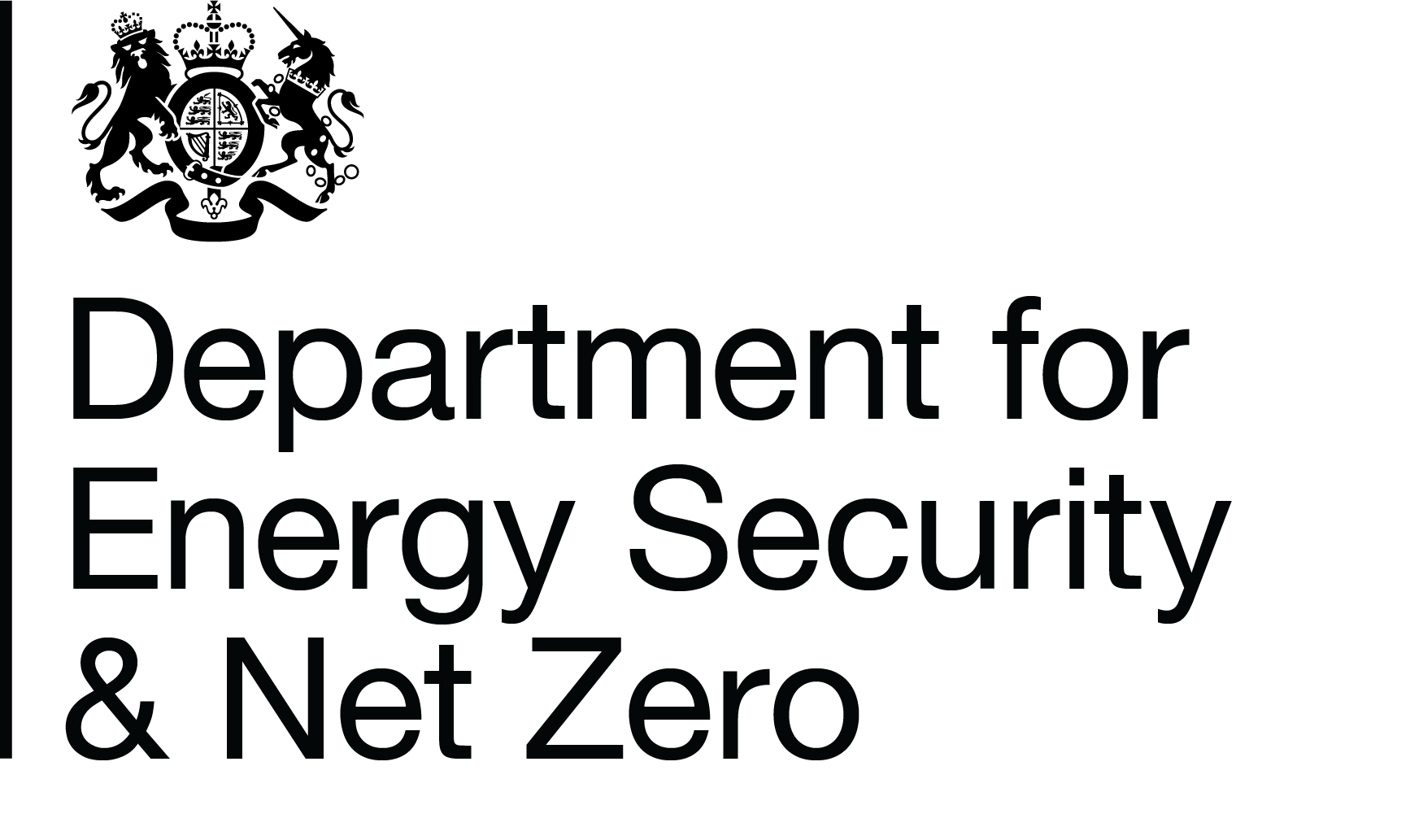Hydrogen transport and storage infrastructure: a consultation on business model designs, regulatory arrangements, strategic planning and the role of blending
Overview
Hydrogen can support the decarbonisation of the UK economy, particularly in ‘hard to electrify’ UK industrial sectors, and can provide greener, flexible energy across power, transport and potentially heat. Hydrogen produced in the UK could create thousands of jobs across the country, and provide greater domestic energy security, lowering our reliance on energy imports. Analysis by BEIS for Carbon Budget 6 suggests 250-460TWh of hydrogen could be needed in 2050, making up 20-35 per cent of UK final energy consumption.
For these reasons, in the British Energy Security Strategy (BESS) government doubled its ambition to up to 10GW of new low carbon hydrogen production capacity by 2030, subject to affordability and value for money, with at least half of this coming from electrolytic hydrogen production.
Hydrogen transport and storage infrastructure will be critical to enable this 10GW ambition, and related economic benefits. It will connect producers with consumers, and balance misalignment in supply and demand. However, lengthy development lead times, high capital costs and uncertain financial investment returns in a nascent market mean this infrastructure is unlikely to materialise without a supportive policy framework.
For this reason, government committed in the BESS to design new business models for hydrogen transport and storage infrastructure by 2025. This consultation seeks views on design options for these business models in order to meet this commitment and enable the hydrogen economy to delivery its substantial potential carbon and economic benefits. In addition, it seeks views on the need for a strategic planning function for the rollout of hydrogen transport and storage infrastructure, approaches to wider regulation and implications for blending.
Read the consultation document on GOV.UK.
Audiences
- Charities
- Local government
- Charity or social enterprise
- Central government
- Regulator
- Non-departmental public bodies
- The Devolved Administrations
- Charities and Third Sector organisations
- Non-Government Organisations
Interests
- Energy and climate change
- Energy and climate change

Share
Share on Twitter Share on Facebook